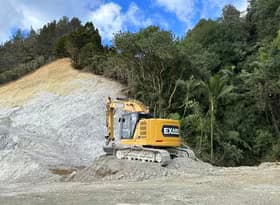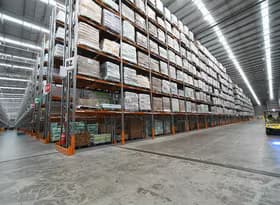New Zealand’s economic outlook turns
Infometrics February Forecasts – media release
Economic growth during 2018 is set to fall short of previous expectations, according to Infometrics’ latest forecasts.
Infometrics sees economic growth slowing from 3.0%pa currently to 2.6%pa in early 2019, contrasting with the forecaster’s previous expectation of accelerating growth during 2018.
“Labour capacity constraints in the residential construction sector, changes in central government’s infrastructure priorities, and slightly disappointing dairy prices will all weigh on growth this year,” says Infometrics Chief Forecaster Gareth Kiernan.
“Lower levels of business and consumer confidence could also negatively affect business investment and household spending during 2018.”
A shortage of workers will continue to limit increases in residential construction activity over the next year, particularly in Auckland.
The city’s housing shortage will persist well into next decade, although demand pressures will become less intense from 2019 onwards as Labour’s migration policy changes lead to slower population growth.
Partly because of these policy changes, Infometrics forecasts that net migration will decline from its peak of over 72,000pa last year to 21,000 by the end of 2021.
The new government’s emphasis on rail rather than roading projects is likely to result in less growth in infrastructure spending in the near term.
Flagship projects such as the Auckland CBD-Airport rail link have a lengthy planning, design and consent process to go through.
“Although we expect this rail project to proceed in the medium-term, there will be a lack of spending in the short-term with projects such as Auckland’s East West Link road have been scrapped,” says Mr Kiernan.
Mr Kiernan also says that conditions for export growth look more difficult over the medium term.
The tourism sector continues to grapple with capacity pressures, amid signs that growth in the Chinese market is waning.
The foreign education sector is likely to contract significantly from 2019 as new rules around student visas come into play.
And tougher freshwater management standards will limit further intensification of farming operations, and therefore growth in agricultural production, in some areas.
“For the dairy sector, these looming challenges come on top of variability in dairy prices over recent months and little growth in production,” says Mr Kiernan.
“The average dairy farmer is comfortably back in profit territory, but this season’s pay-outs will not be as strong as previously expected.”
“The stimulus from higher dairy incomes this year is likely to be muted, although high export prices for meat, horticultural, and forestry exports will help boost provincial economies.”
ENDS
For more information contact:
Chief Forecaster, Infometrics
email: garethk@infometrics.co.nz
phone: 021 119 3876































